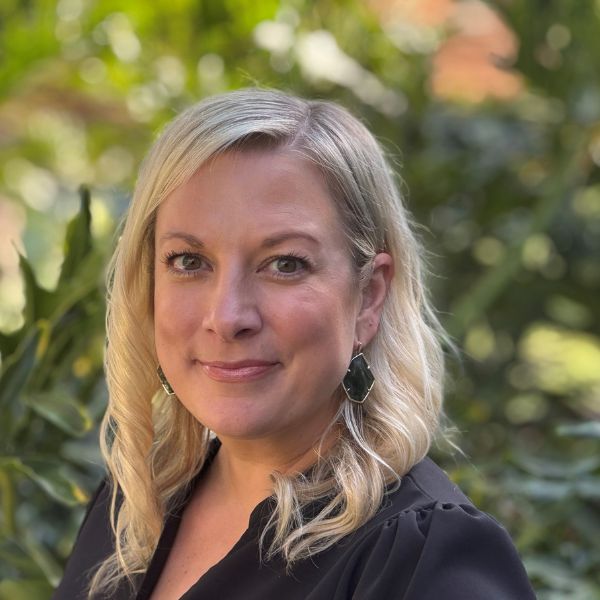Using Next-Generation Sequencing (NGS) to Improve Sexual Assault Investigations Workshop
Home » Using Next-Generation Sequencing (NGS) to Improve Sexual Assault Investigations Workshop
- Workshop
Using Next-Generation Sequencing (NGS) to Improve Sexual Assault Investigations Workshop
- November 3, 2022 //
- 1:00 pm -
- 4:00 pm //
- Annapolis 1-2
Description:
Sexual assault kits make up the majority of operational casework for many laboratories in the United States. Next-generation sequencing offers enhanced technical and analytical capabilities that can aid in processing these kits effectively. This workshop explores how NGS can obtain more information, provide more investigative leads and thus reduce the backlog. A panel of experts will discuss (1) the strengths and limitations of CE and NGS, (2) the value of Y-STRs and SNPs for short and long range familial searches, (3) options for STR and SNP mixture deconvolution, and (4) data interpretation and validation studies to enable seamless implement NGS for sexual assault resolution.
Learning Outcomes:
- Understand the relative benefits and limitations of CE and NGS for processing sexual assault samples in an operational laboratory setting
- Learn how novel markers and techniques can be employed in analysis of sexual assault casework
- Discover what mixture deconvolution software options are available for the different markers available with NGS
- How other labs have evaluated or validated NGS for their sexual assault casework workflows
Handouts include development validation studies and implementation strategies.
Intended Audience:
Lab directors, Technical Leaders, Forensic scientists, Criminalists
Agenda:
| Time | Presentation title | Speaker |
| 1:00 – 1:10 | Why NGS, Why Now? Baselining sexual assault workflows in operational labs
| Bruce Budowle |
| 1:10 – 1:40 | A comparison of tools and technologies
| Swathi A. Kumar |
| 1:40 – 2:10 | Validating STRs for sexual assault: NGS vs CE | Bruce Budowle |
| 2:10 – 2:25 | BREAK | |
| 2:25 – 2:50 | Validating SNPs for identity and investigative leads
| Rachel Oefelein |
| 2:50 – 3:20 | Deconvoluting and interpreting mixtures with SNP and STR profiles
| June Snedecor |
| 3:20 – 3:50 | A cookbook for implementation and preparation for admissibility hearings
| Mandi Van Buren |
| 3:50 – 4:00 | Conclusion |
Description:
Sexual assault kits make up the majority of operational casework for many laboratories in the United States. Next-generation sequencing offers enhanced technical and analytical capabilities that can aid in processing these kits effectively. This workshop explores how NGS can obtain more information, provide more investigative leads and thus reduce the backlog. A panel of experts will discuss (1) the strengths and limitations of CE and NGS, (2) the value of Y-STRs and SNPs for short and long range familial searches, (3) options for STR and SNP mixture deconvolution, and (4) data interpretation and validation studies to enable seamless implement NGS for sexual assault resolution.
Learning Outcomes:
- Understand the relative benefits and limitations of CE and NGS for processing sexual assault samples in an operational laboratory setting
- Learn how novel markers and techniques can be employed in analysis of sexual assault casework
- Discover what mixture deconvolution software options are available for the different markers available with NGS
- How other labs have evaluated or validated NGS for their sexual assault casework workflows
Handouts include development validation studies and implementation strategies.
Intended Audience:
Lab directors, Technical Leaders, Forensic scientists, Criminalists
Agenda:
| Time | Presentation title | Speaker |
| 1:00 – 1:10 | Why NGS, Why Now? Baselining sexual assault workflows in operational labs
| Bruce Budowle |
| 1:10 – 1:40 | A comparison of tools and technologies
| Swathi A. Kumar |
| 1:40 – 2:10 | Validating STRs for sexual assault: NGS vs CE | Bruce Budowle |
| 2:10 – 2:25 | BREAK | |
| 2:25 – 2:50 | Validating SNPs for identity and investigative leads
| Rachel Oefelein |
| 2:50 – 3:20 | Deconvoluting and interpreting mixtures with SNP and STR profiles
| June Snedecor |
| 3:20 – 3:50 | A cookbook for implementation and preparation for admissibility hearings
| Mandi Van Buren |
| 3:50 – 4:00 | Conclusion |
none
Swathi Kumar
none
Rachel Oefelein
DNA Labs International (DLI)
Rachel Oefelein is currently the Chief Scientific Officer at DNA Labs International (DLI) and Laboratory Director. Since joining DNA Labs International in 2014, Rachel was instrumental in implementing STRmix™ for five profiling systems, rootless hair shaft testing, and Next Generation Sequencing in three profiling systems. She also innovated and implemented DLI’s successful SpentShell™ technology for fired cartridge casings.



